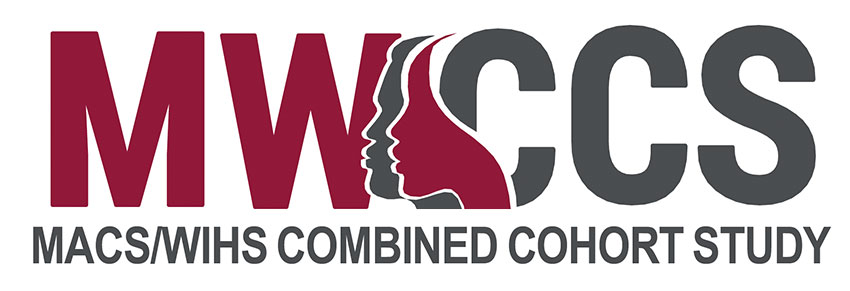Contact us to see if you are eligible: [email protected]
MWCCS Core Study
The Core study involves annual blood collection, a series of questionnaires about health status and health care utilization, and physical exams and assessments.
When coming to clinic for the Core visit, please:
- Bring a list of medications you are taking or bring them in their original bottles or a medi-set. This is very helpful for providing us with a complete medical history.
- Please fast (don't eat or drink anything, except water, for at least 8 hours) before your Core visit. Although many beverages, such as black coffee, plain tea, and diet sodas don't contain any calories, they do contain other ingredients that can affect some of the measurements. If you have concerns about fasting or if you have certain medications that need to be taken with food and at certain times, or if you are diabetic, please discuss this with your medical provider.
- Drink water to help keep you hydrated for the blood draw.
Compensation will be provided for all completed activities along with transportation costs.
Neuropsychological Exam
The BRACE/BRACE+ assessment examines your mental status on an iPad. Participants will be asked to read a series of words, recognize certain shapes, solve problems, memorize objects, and perform mental tasks. A short version of the BRACE assessment will be done one year alternating with a longer version, BRACE+, every two years.
CIDI Interview
The CIDI is a comprehensive standardized diagnostic interview designed to assess mental health. This personal interview will include a number of questions related to your lifestyle, family history, and life experiences.
FibroScan
The FibroScan is a non-invasive test to evaluate the health of your liver. A technician holds a metal probe next to your skin that sends an ultrasound wave across your liver.
Microbiome
The microbiome study involves collection of a scope mouthwash oral rinse and a single stool specimen collection. Participants will receive a kit with instructions to collect the stool specimen at home.
Oral Assessment
For the oral assessment, staff will take a photograph of your mouth and teeth and ask you some questions. We will also collect a saliva sample.
Pulmonary Function Tests
PFTs measure lung function to better understand lung disease and lung capacity. Participants will be asked to breathe into a tube (called a spirometer) to measure the flow of gas from your lungs. This study uses albuterol (medication to relax and open the air passages to make breathing easier).
Substudies
Echocardiogram
This study uses ultrasound to measure the structure and function of the heart. This research will allow us to study how HIV infection and its treatment affect the heart muscle. The echo is done at Mount Zion or Parnassus Hospital.
Brain MRI
The brain MRI measures the structure (size and shape) and function (how it works) of the brain. The purpose of this study is to determine whether women with HIV are more vulnerable to neurocognitive impairment, or problems with thinking and memory, than men with HIV. Brain imaging is done at China Basin.
Vasomotor Symptom Monitoring
For this study, women will be asked to wear a light weight hot-flash monitoring device and keep a written hot flash diary for 3-days. This study is being done to learn how HIV and menopause-related symptoms, like hot flashes, are associated with the process of thinking, brain structure (shape and size), and brain function (how it works).
Intensive Pharmacokinetics (iPK)
Participants will be asked to complete a 24-hour PK study visit during which they are asked to take the HIV medication(s) that are currently prescribed to them by their doctor (i.e., this study does not involve any new medications or any changes in participant medications). After taking their HIV medication, participants are asked to provide blood at various time points and answer a series of questions about their health and behaviors. The goal of this study is to provide recommendations for minimizing metabolic adverse events, particularly weight gain by identifying changes in antiretroviral (ARV) drug exposure that may increase risk in specific patient subgroups.
Tissue Collection Study
This women-specific study involves a colonoscopy for gut tissue collection and biopsies taken from the cervix and endometrium. The purpose of this study is to learn more about how treated HIV infection influences the kinds of cells in blood, intestines, and reproductive tract, and whether HIV can be detected in these tissues even if it cannot be measured in blood.
